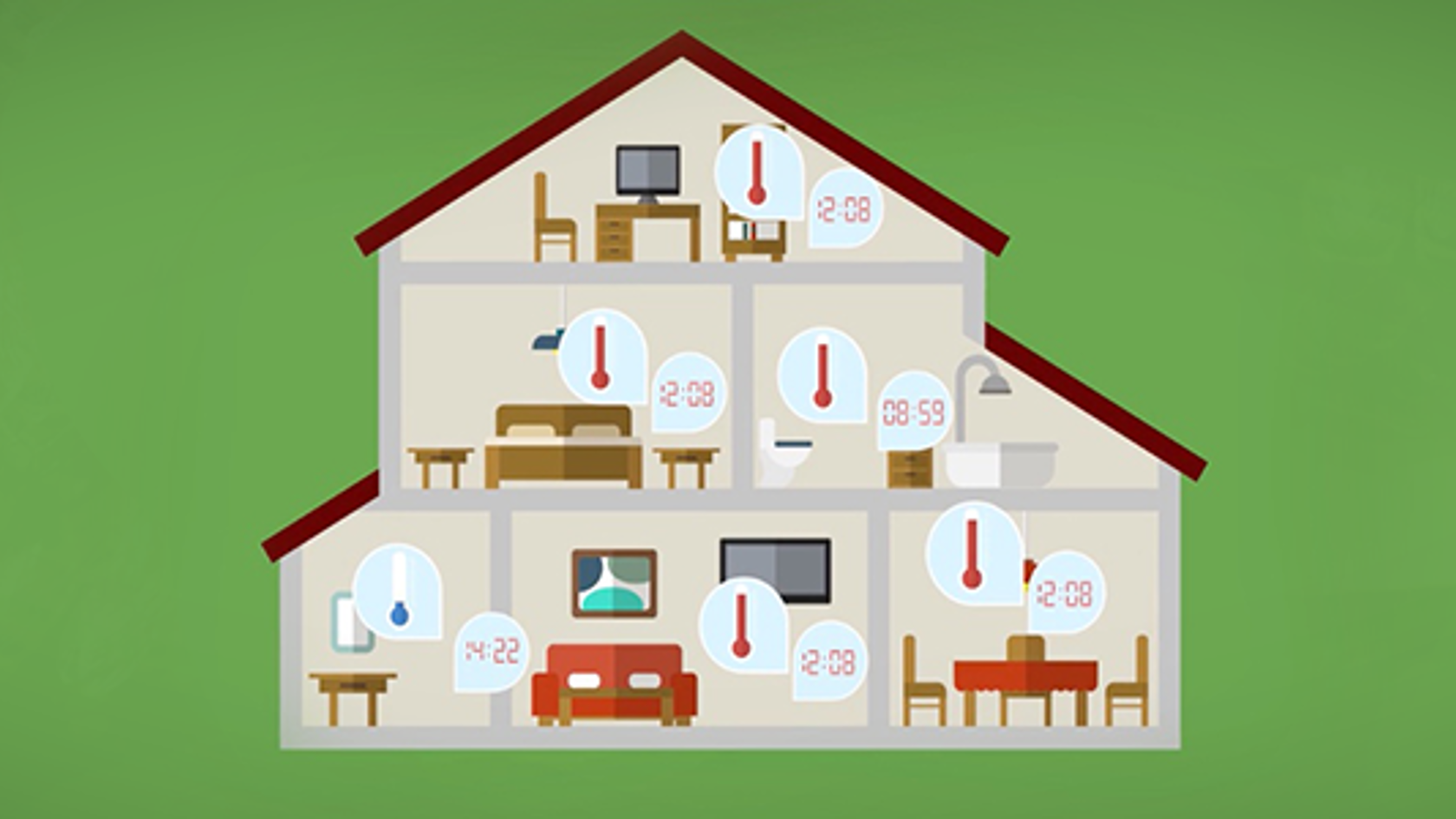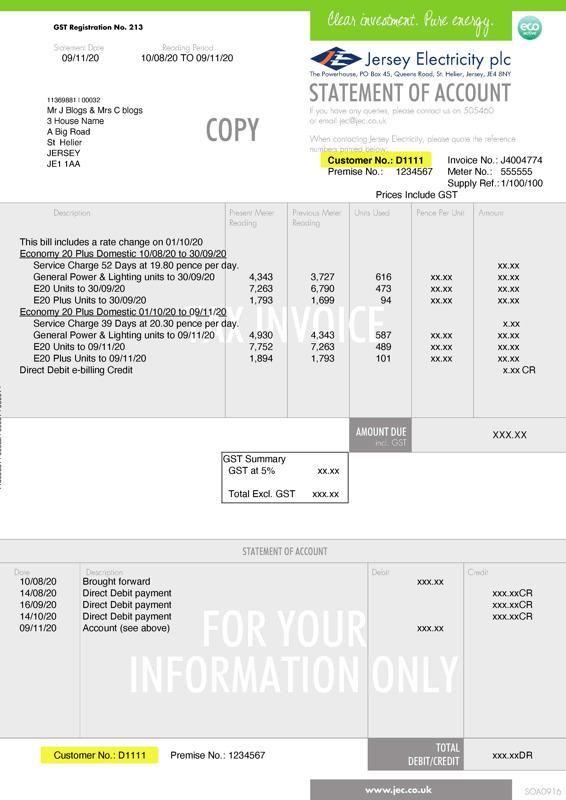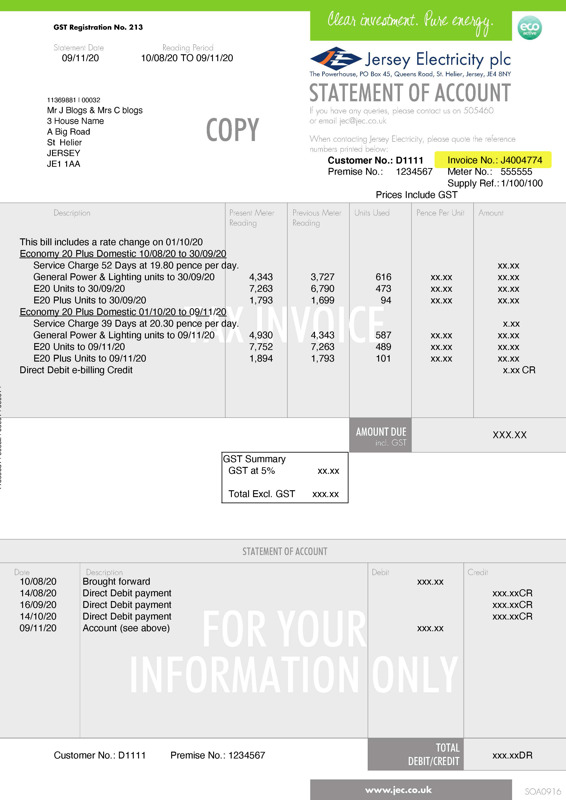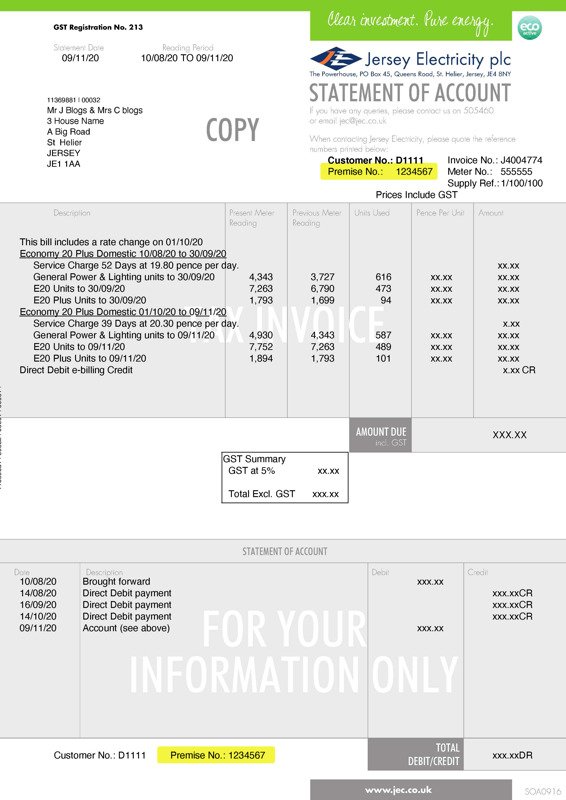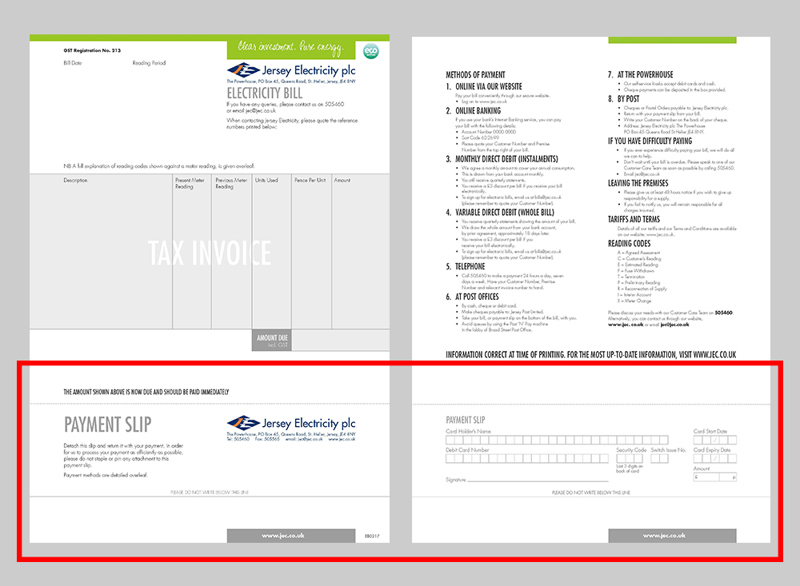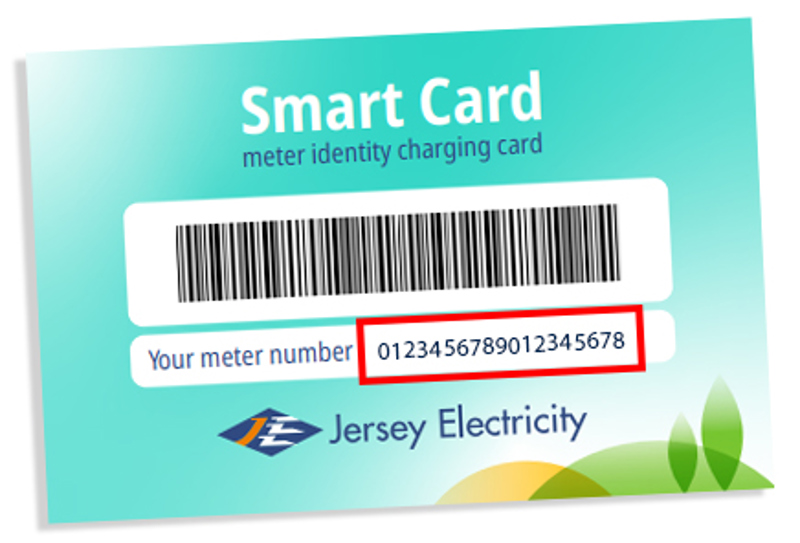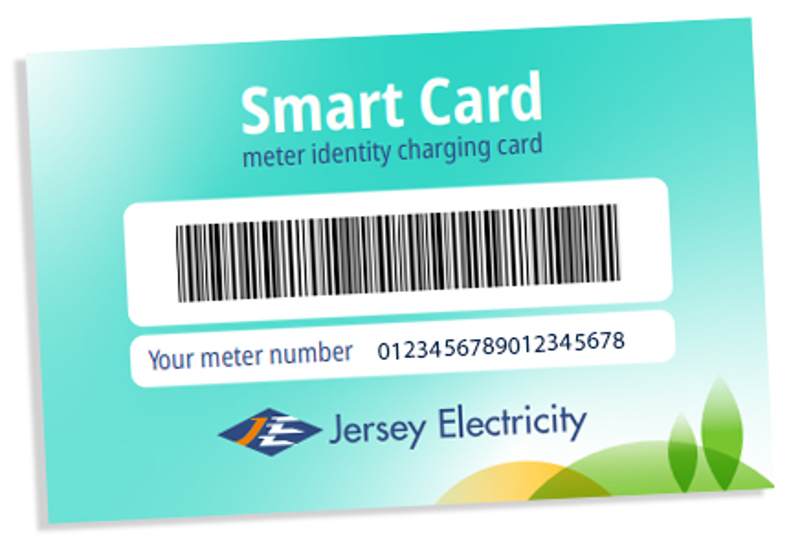Make your home heating more efficient
Efficiency is key when it comes to home heating. Not only does an efficient system save you money but it also uses fewer of the world's resources.
The first step to creating an energy efficient property is to ensure the building is well insulated and that appliances are set to operate only as much as necessary and thermostats are set to the optimum temperature. To help you make your home more energy efficient, we've got some great ideas that will save you money.
Beyond insulation and implementing other efficiency tips, your choice of heating system can have a significant effect on energy efficiency. Some systems can operate more efficiently in different homes. Here's an overview of four different electric systems and the benefits they can bring.
Traditional wet radiators with an electric boiler
It's easy to switch from a gas or oil-fired boiler to a clean, efficient electric one and retain your existing radiators and pipework. Electric boilers are 100% efficient because no heat is lost up a chimney or flue - and you can get rid of that big oil tank.
Watch this video to see just how easy switching to electric heating can be.
To find out more or book a free quotation, call our Customer Care Team on 505460
Storage heaters
As the name suggests, storage heaters store heat at off-peak times for release at a later time when you need it. By ensuring your heater is set to heat up during the lower cost, off peak times of the day, you are then able to warm your home without using more costly energy, even if the heat is used during peak periods.
Here's a brief video explaining how storage heaters work:
If you have storage heaters installed and would like to know how to use them to their greatest efficiency, take a look at this simple guide for users.
Underfloor heating
Not only does underfloor heating keep your feet warm, it also ensures a more even distribution of heat throughout a room. Another important benefit is the increase in wall space gained not having radiators.
Underfloor heating systems are best installed in new builds, but can also be retro-fitted. The two main types of underfloor heating are underfloor heating pipes (wet system) and electric cable (dry). Both can be fitted under almost any kind of flooring. A wet system can be powered by either an efficient electric boiler or heat pump, the latter is particularly suited to underfloor heating because of the lower ambient temperature.
Here's a brief video providing an overview of underfloor heating and how it works:
Air source heat pumps
Given that Jersey winters can be pretty chilly, it comes as a surprise to many that the air outside your home can be used to heat the property efficiently.
Even on a pretty cold day of just 2°C, an air source heat pump is able to use that small amount of heat, transfer it through a refrigerant and increase its temperature sufficiently to heat your home and hot water.
Air source heat pumps are able to cut the cost of heating significantly because they produce around three times the amount of heat as would the units used to power them. So, for every £1 you spend on running costs, you will benefit from £3 worth of heat to warm your home and heat your hot water.
Here's a brief video explaining how heat pumps work:
Pipeless central heating
Slimline electric panel heaters have always been an ideal, flexible, highly efficient heating solution for individual rooms such as a bedroom or conservatory. But now you can enjoy the instant heat and controllability of panel heaters all through your home combined with a low cost tariff to create a pipeless central heating system for a fraction of the cost of installing a whole-house wet radiator system.
Get advice
Whether you think storage heaters or air source heat pumps are more suitable for you, the best way to find out for sure is to contact us. We'll be pleased to visit your home and advise you of the most efficient way forward.
